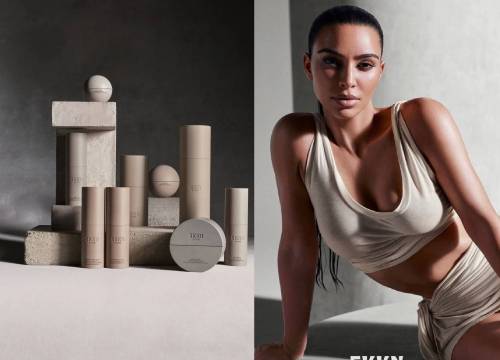Beauty’s a Cruel Mistress: How Beauty Industry Affects Environment
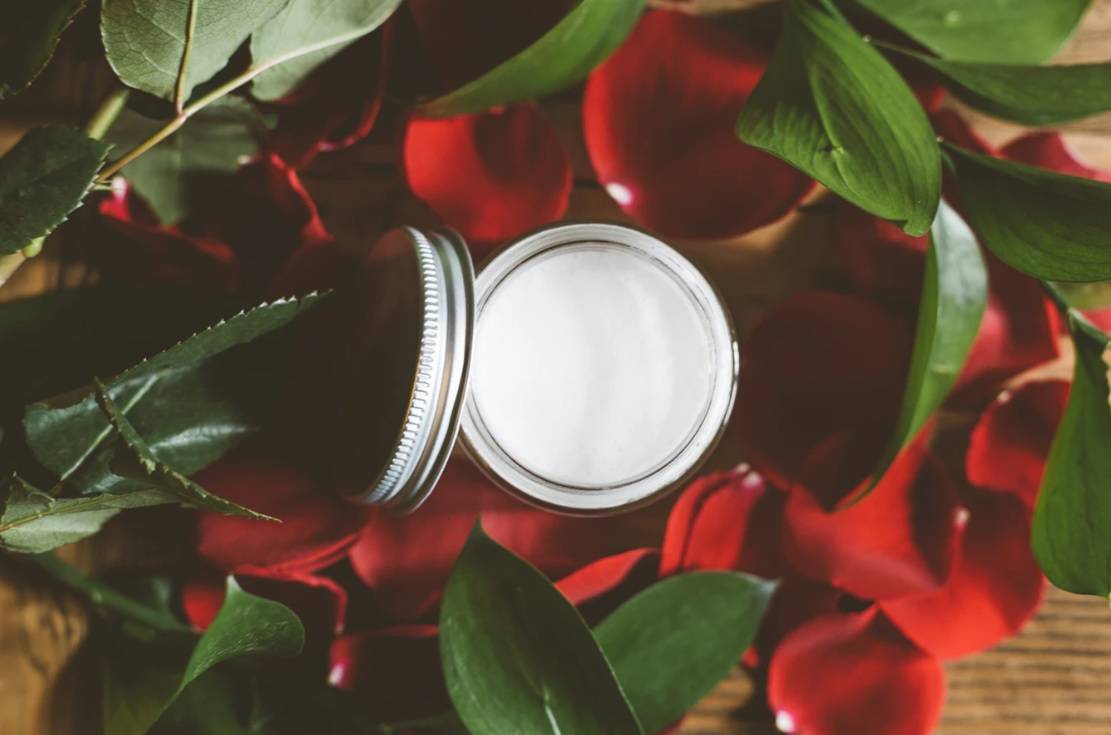
Following fashion brands, beauty industry also stands up for environment by using natural ingredients, creating biodegradable packaging and reducing its carbon footprint.
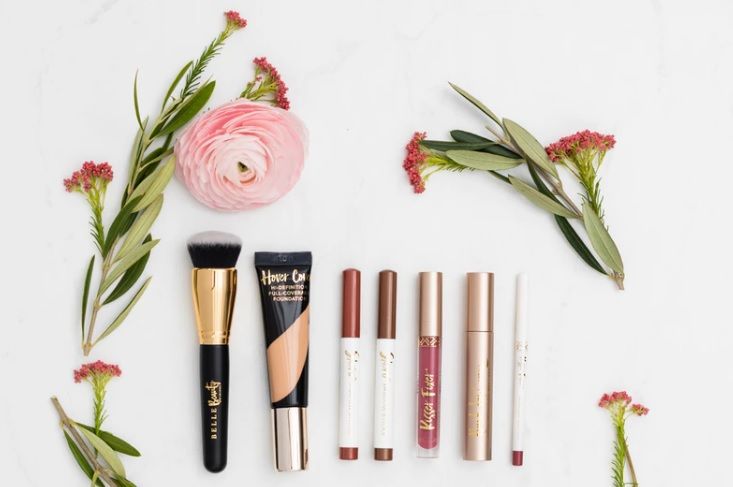
Photo: unsplash.com
After it became clear that the fashion industry harms the environment, many well-known brands – Stella McCartney, Patagonia, The North Face - moved to the eco-friendly production. They replaced genuine leather and faux fur with artificial ones, started using fabrics from recycled waste, following proper disposal and reducing the amount of harmful emissions from factories. Following them, the beauty industry joined the "let's save the planet together" trend. We’re going to tell you what harm cosmetic brands annually cause to the environment and how they try to deal with it.
Eco-friendly manufacturing

Photo: unsplash.com
First of all, a huge amount of water is wasted in the production of cosmetics – it is considered a renewable resource, but it quickly ceases to be suitable for drinking. Now many brands are trying to change the composition of funds, use waterless components and switch factories to alternative energy sources such as solar batteries.
What's inside: eco-friendly components
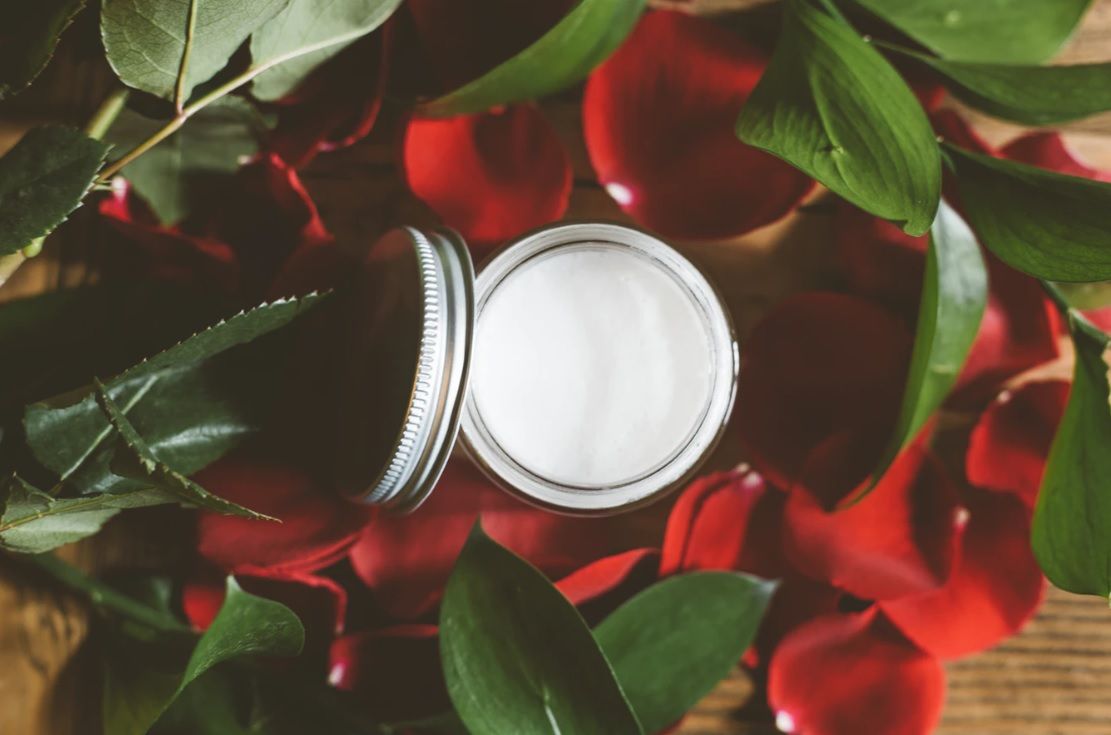
Photo: unsplash.com
The main damage to nature is caused by micro-plastic particles that enter the soil and oceans, becoming food for fish and animals. In addition, the danger is posed by ingredients that use petroleum products in their production. These include petroleum jelly, paraffin, salicylic acid and mineral oil. If these components can still be replaced by safe counterparts, then it’s better not to buy stuff with glitter and sequins made of aluminum - they can't self-decompose in nature.
The real way out is the transition to vegan cosmetics, but it’s not so easy to find it. Due to strict standards adopted in many countries, brands have to test on animals and use chemical preservatives. When choosing cosmetics, it's important to pay attention to the labeling and avoid such synthetic ingredients such as SLS, SLES, propilen glycol, cocamide DEA, MEA, parafine, mineral oil, and others.
Eco-friendly cosmetics packaging
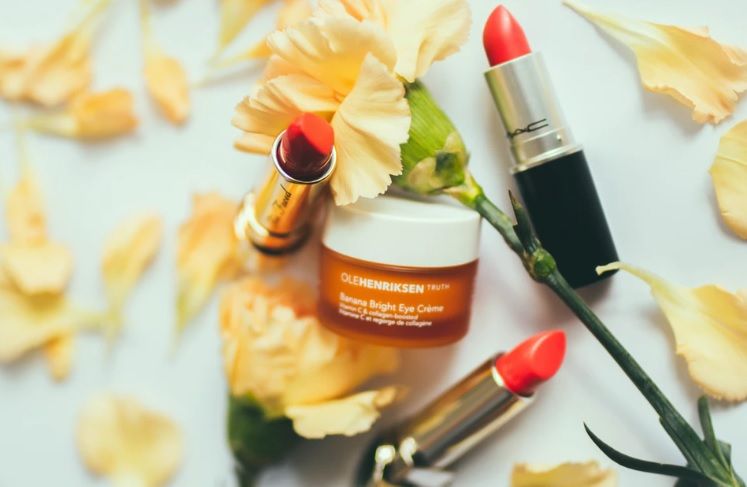
Photo: unsplash.com
According to the Zero Waste organization, global beauty industry annually produces more than 120 billion packages. The only way to escape from these tons of cardboard, cellophane and plastic is to switch to their eco-friendly and recyclable counterparts. Among brands, it has long been considered unethical to wrap one cream with several layers of wrapping and cellulose – the easier it is to get to the product, the better. Long instructions are also not in favor – all information can now be found on the official websites.
Most cosmetic products are still packaged in plastic, which decomposes for about 1,000 years, polluting soil and entering the oceans. Manufacturers are trying to deal with this problem by shifting to more eco-friendly materials. For example, the brand Hermes recently launched its lipstick line. Its cases were made of the same metal that is used to make accessories for bags. They can be used multiple times, buying only replacement blocks. Environmentally friendly packaging is also used by Weleda, Aveda, Kiko Milano and others. Meanwhile, Mugler perfume house launched the campaign "we are for refiling" and offered customers not to buy a new perfume bottle, but to refill the old one.

More than that, supermarkets have started to appear in Europe, where you can buy shampoo, conditioner, liquid soap and shower gel on tap, without buying a new tank. According to experts, this format will help to reduce plastic emissions by 5 thousand tons per year.
Eco-friendly cosmetic brands
Kiehl's

The New York-based cosmetics brand Kiehl's supports the idea of eco-friendly and conscious consumption and tries to use components that don’t harm nature. Empty jars can be delivered to an offline store in exchange for a discount – by now, the brand takes only its own packaging, but on special days, this promotion will apply to other brands. In addition, Kiehl's supports charities that deal with environmental issues, and sponsors shelters for homeless animals.
L'oréal

L'oréal is the largest cosmetics company in the world, which includes Garnier, Maybelline, Vichy, La Roche-Posay, Giorgio Armani, Yves Saint Laurent, Ralph Lauren, Biotherm and other brands. At the end of the XX century, the company started developing methods that would replace animal testing and adhere to the ideas of sustainable development. Today, L'oréal executives report that in a few years they will make the entire package recyclable and will significantly reduce their carbon footprint.
Lush

Fans of the Lush jokingly say that the brand’s stuff is so good that it can wash the planet of garbage. Fragrant bath bombs, hair masks and lip balms are made only from environmentally friendly materials, and the company tries to minimize the harm from the glitter and the micro-plastic by supporting environmental organizations. All brand packing is made of materials that have already been recycled and will be recycled again. More than that, Lush's head office in the UK generates its own energy, using solar panels, minimizing the harm from factories.
Love beauty and Planet

Brand manager of the vegan cosmetics brand Love Beauty and Planet says that their company consists of people who always stay after concerts to clean up the trash and dream of helping the planet. All bottles are made from recycled plastic, and the ingredients exclude animal products. In addition to caring for the environment, Love Beauty and Planet carefully monitors production, labor protection and ensuring a decent salary for its employees.
Davines

The Italian company Davines chose the phrase "environmentally responsible beauty" as its slogan. The brand tries not only to use natural ingredients, but also to cooperate with charitable organizations that help nature. In the packaging of shampoos and hair balms, the plastic content is minimized, and the carbon dioxide produced by the factories is compensated by tree planting in the forests of Madagascar.


